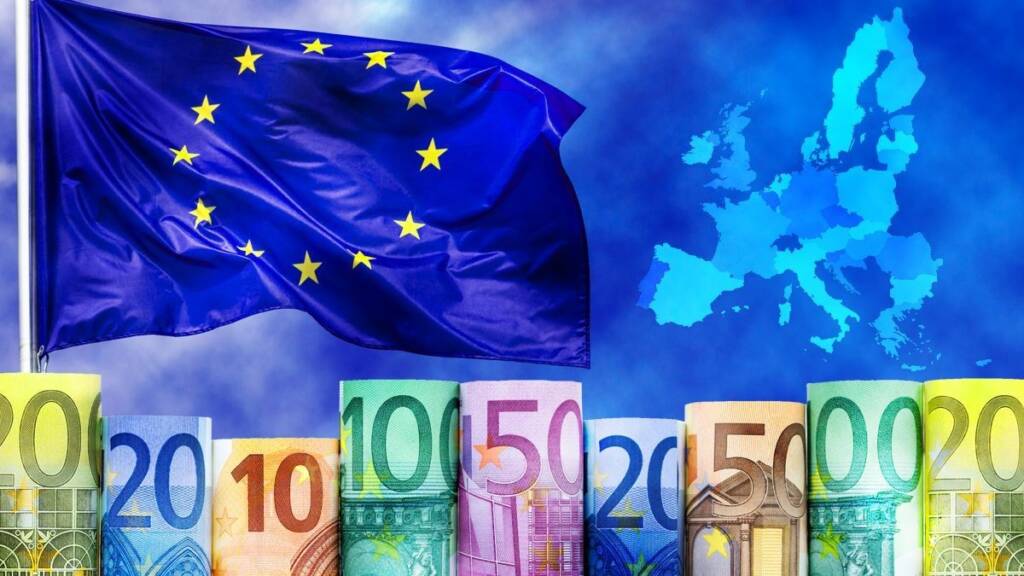The European Commission intends to provide Kiev with financial assistance amounting to €3 billion ($3.2 billion), utilizing profits accrued from frozen Russian assets. This initiative is prompted by diminishing financial aid from the United States. As outlined in a recent report by the Financial Times, Brussels is expediting the process to access the interest generated from these assets held at Euroclear, commencing from February onward. Should all members of the bloc endorse the proposal, a preliminary portion of the funds could be disbursed to Kiev as early as July, as indicated by EU officials cited in the article. The proposal is anticipated to be presented before an upcoming summit of EU leaders, underscoring the urgency with which Brussels aims to address the financial needs of Ukraine.
Join us on Telegram: https://t.me/tfiglobal
Since the inception of the Ukraine conflict two years ago, Western nations have frozen approximately $300 billion in assets belonging to the Russian central bank. Euroclear, a clearing house based in Brussels, safeguards roughly €191 billion ($205 billion) of these assets and has accumulated nearly €4.4 billion in interest over the past year. Reports indicate that Brussels intends to allocate between €2 and €3 billion in revenue generated by these frozen assets this year, contingent upon prevailing interest rates. EU officials project that the total profits from Russian funds held by Euroclear could amount to €20 billion by 2027.
The significance of tapping into Russian assets has heightened following the obstruction of a $60 billion American aid package to Ukraine by the Republican-led US Congress. Consequently, Kiev has sought alternative sources of funding for its military efforts. European Commission President Ursula von der Leyen recently proposed directing the proceeds towards supplying weapons to Ukraine, diverging from the initial plan of utilizing them for reconstruction.
Read More: EU ’s unexpected SHOCKER to Ukraine.
EU foreign policy chief Josep Borrell suggested earlier this month that windfall profits from frozen Russian assets could be used to procure weapons for Ukraine through the European Peace Facility, an off-budget mechanism established for this purpose. Negotiations among bloc members are underway to bolster the fund by €5 billion, alongside exploring options to invest in the Ukrainian defense industry.
Currently, there exists a division among Western nations regarding the appropriation of Russia’s frozen assets to assist Ukraine. While the United States and the United Kingdom advocate for the direct seizure of these assets, certain European Union member states, such as France and Germany, have recently cautioned against such action. They argue that it could potentially destabilize financial markets and undermine trust in the euro’s standing as a reserve currency.
Moscow has issued warnings that it will retaliate in a similar manner if the West follows through on its threats to confiscate Russian assets held abroad. The Russian finance ministry cautioned last month that Western states themselves maintain investments in Russia that could be put at risk should the frozen funds be accessed.
